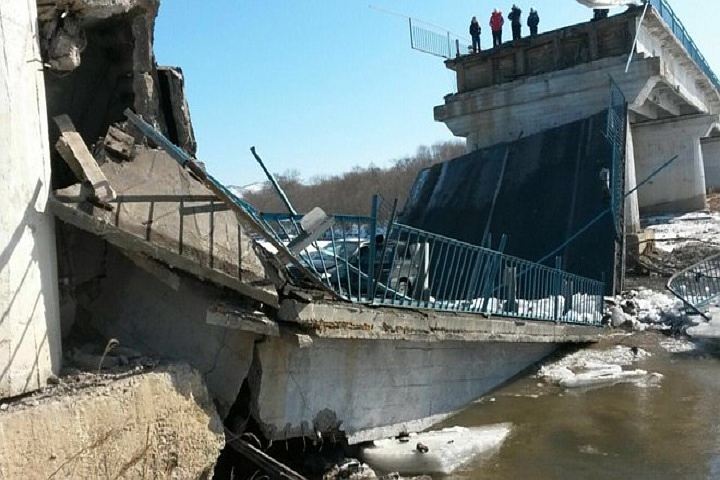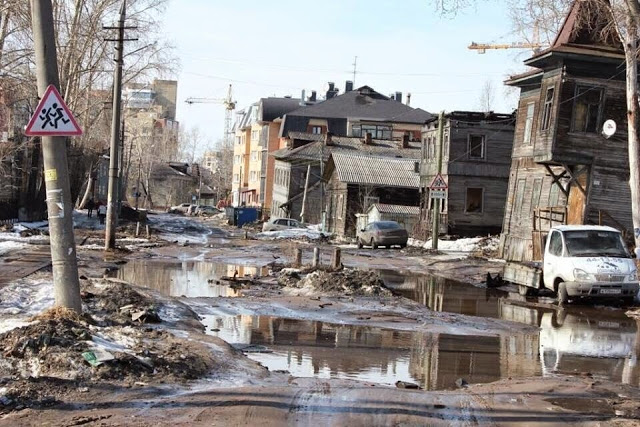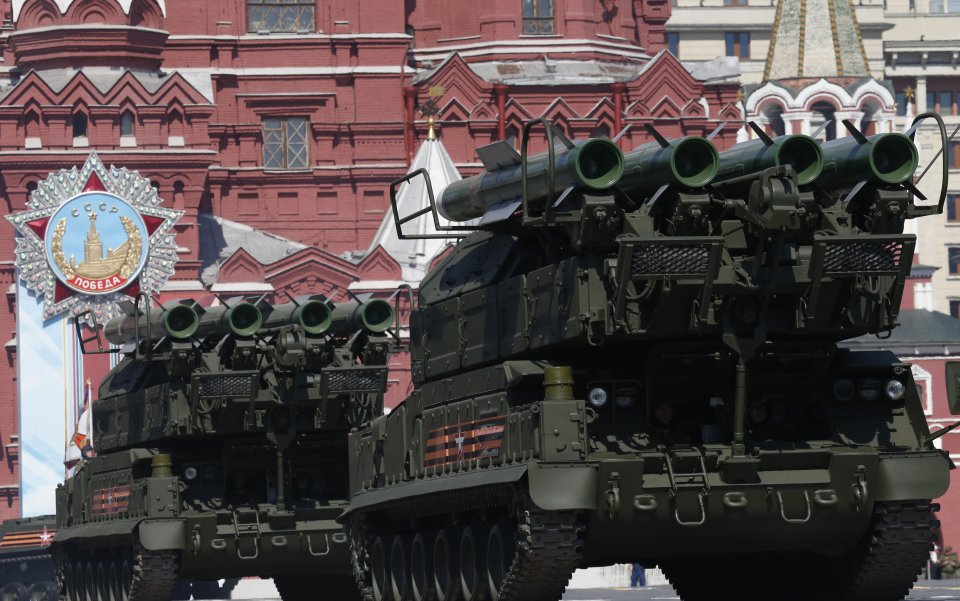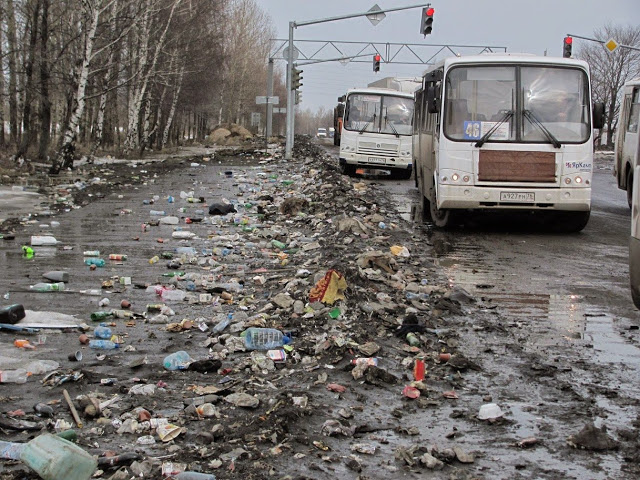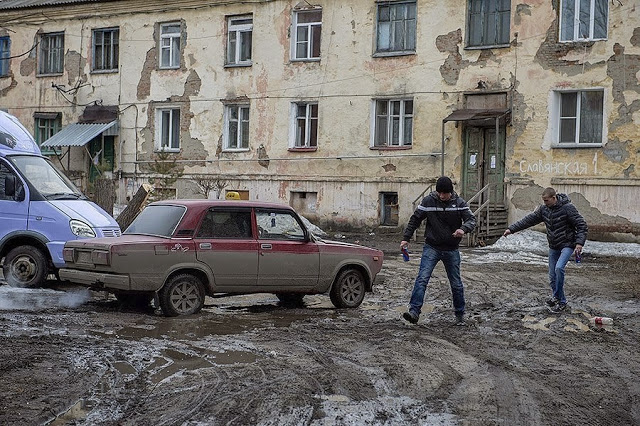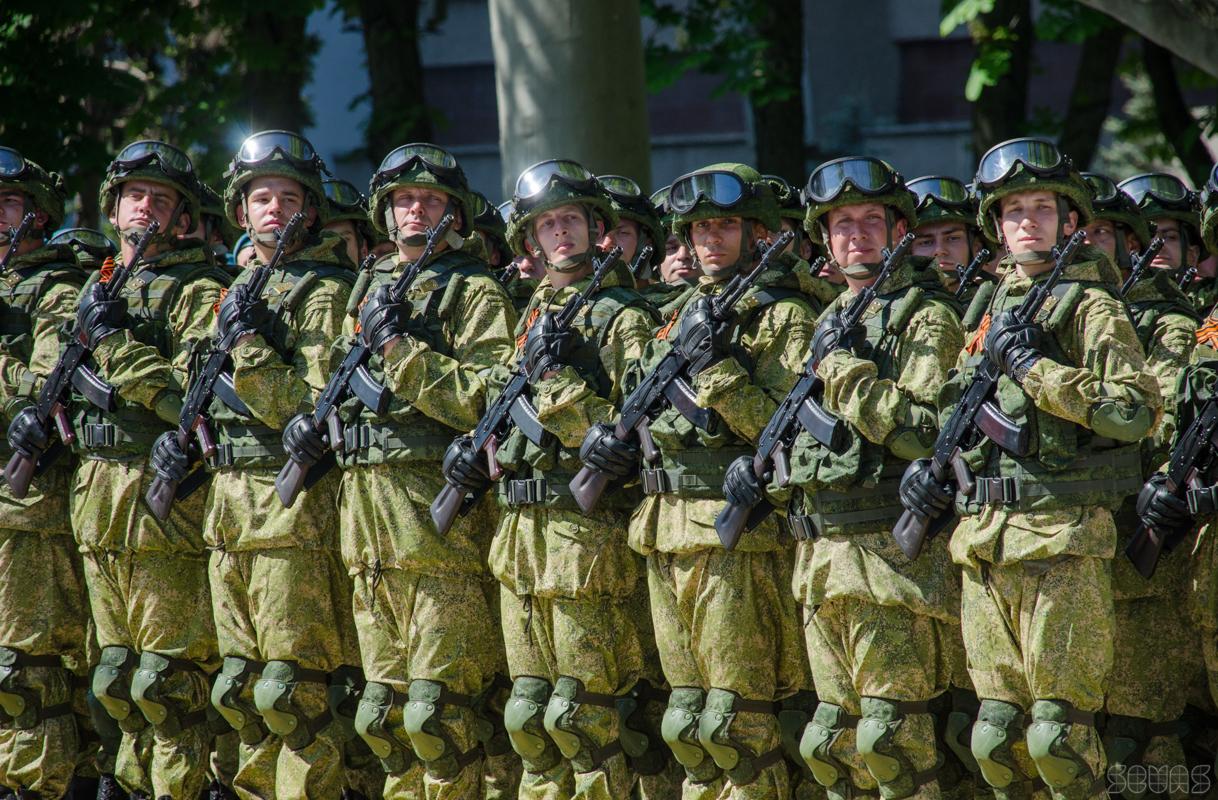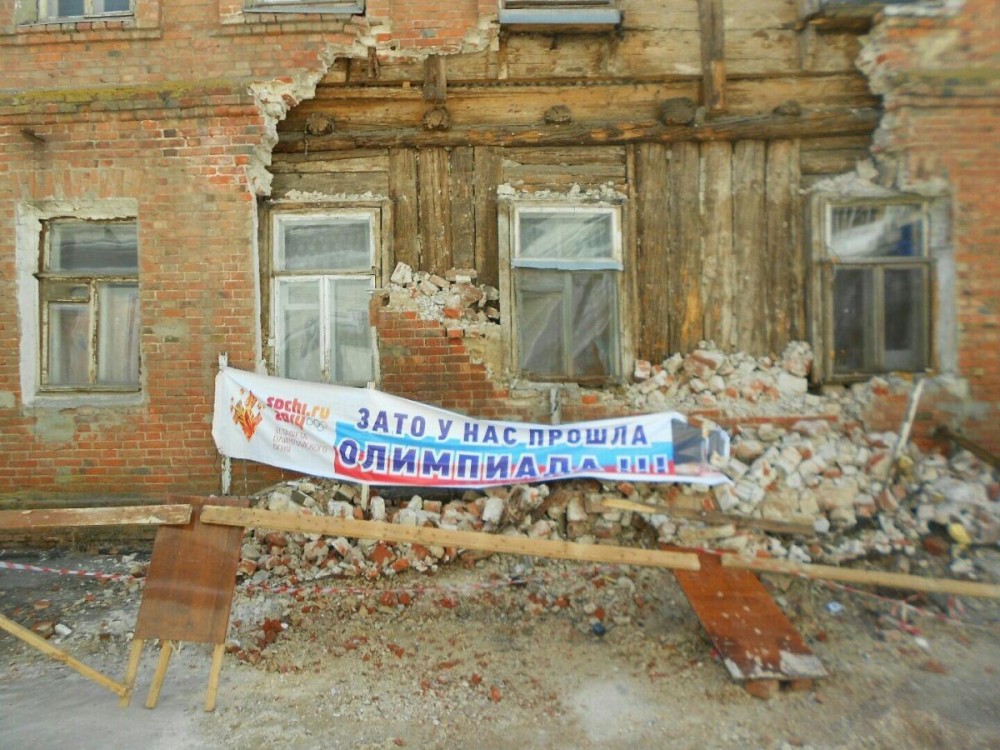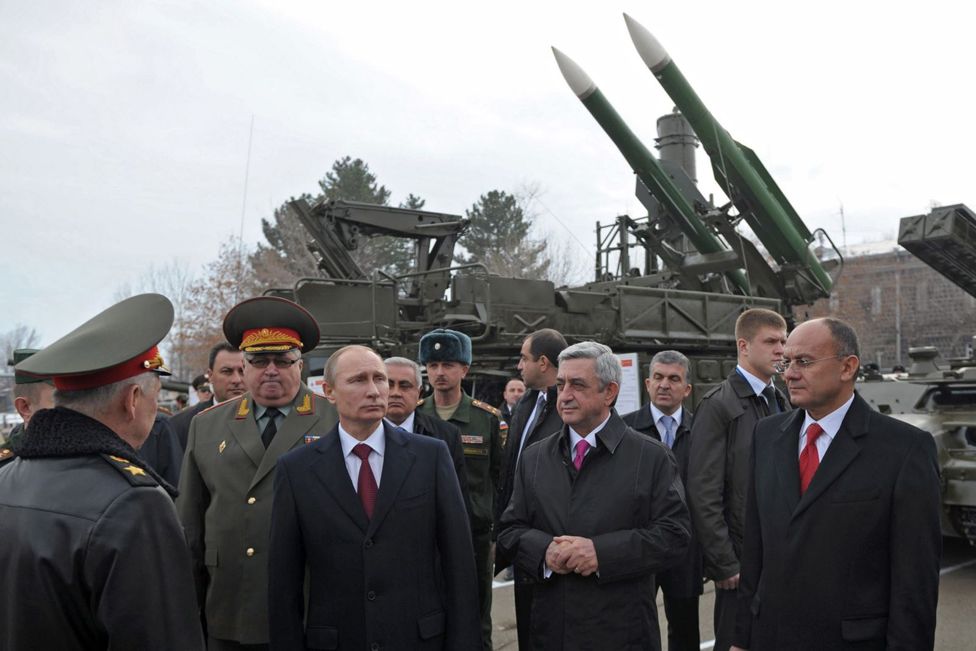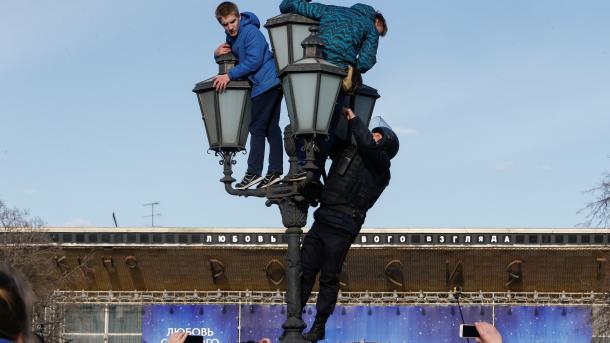Many Russians believe that Dmitry Medvedev long ago retired the Marie Antoinette prize for the most insensitive statement by a Russian official concerning the standard of living of the Russian people, a prize he keeps reacquiring with claims that things are getting better when in fact they are getting worse.
But it is quite possible that Vladimir Putin may edge out his prime minister with a statement that he made not long ago about Russians’ inability to afford cars given that prices for them have risen and the incomes of Russians have fallen. He asked Khabarovsk residents
Commenting on the state of the Russian economy, Moscow commentator Aleksandr Nemets cites this remark in support of his contention that all official claims notwithstanding, the Russian economy isn’t coming out of the crisis. Instead, he says, it is mired in “a catastrophe” from which no exit is visible.
The former figure put Russia above India and Canada, although less than China and Brazil and sparked Moscow propagandists to talk about “overcoming Germany.” But the latter one means that Russia has fallen to 14th in the world, ahead of many developing countries but far behind those it normally compares itself with.
Russian officials, of course, contest these figures, claiming that the decline totaled only three percent over that period. But their claims show only that Rosstat and other figures in the Russian government simply lie, as any examination of the details of the country’s economy show, including those on automobile sales which have tanked.
According to Rosstat, real per capita incomes in Russia fell all of 15 or 16 percent, but it achieves those numbers only by manipulating inflation rates and thus putting itself in a position to claim that the declines in income and thus consumption were not as great as they in fact have been.
That reflects the fact that spending on internal security and defense rose by 72 percent: from 2.2 trillion rubles in 2013 to 3.8 trillion in 2016.
And all these catastrophic declines become even more obvious if one focuses on those things that individual Russians can feel in their daily life. Among the ones Nemets cites are the following:
That isn’t a crisis: it is a catastrophe. Worse, it isn’t ending, Nemets concludes.
Related:
- "Putin is War; Putin is Death" and other neglected Russian stories
- Russia faces massive rise in unemployment despite hiring by state security structures
- Peoples of Russia have nothing in common except loyalty to Putin, Kashin says
- Beijing ready to pump water out of Russia’s Lake Baikal for China’s domestic needs
- ‘Islam is changing Russia rapidly and profoundly,’ Polish writer says
- Moscow hasn’t figured out how to cope with awakening of Russia beyond the ring road
- Protests on the rise across Russia — even where there never were any before
- Russian language knowledge declining precipitously in the world and even in Russia, Matviyenko says
- Russians living near Europe radically different from Russians in the interior, Mironova says
- ‘Stop feeding Moscow!’ – slogan of next Russian revolution, St. Petersburg regionalist says

